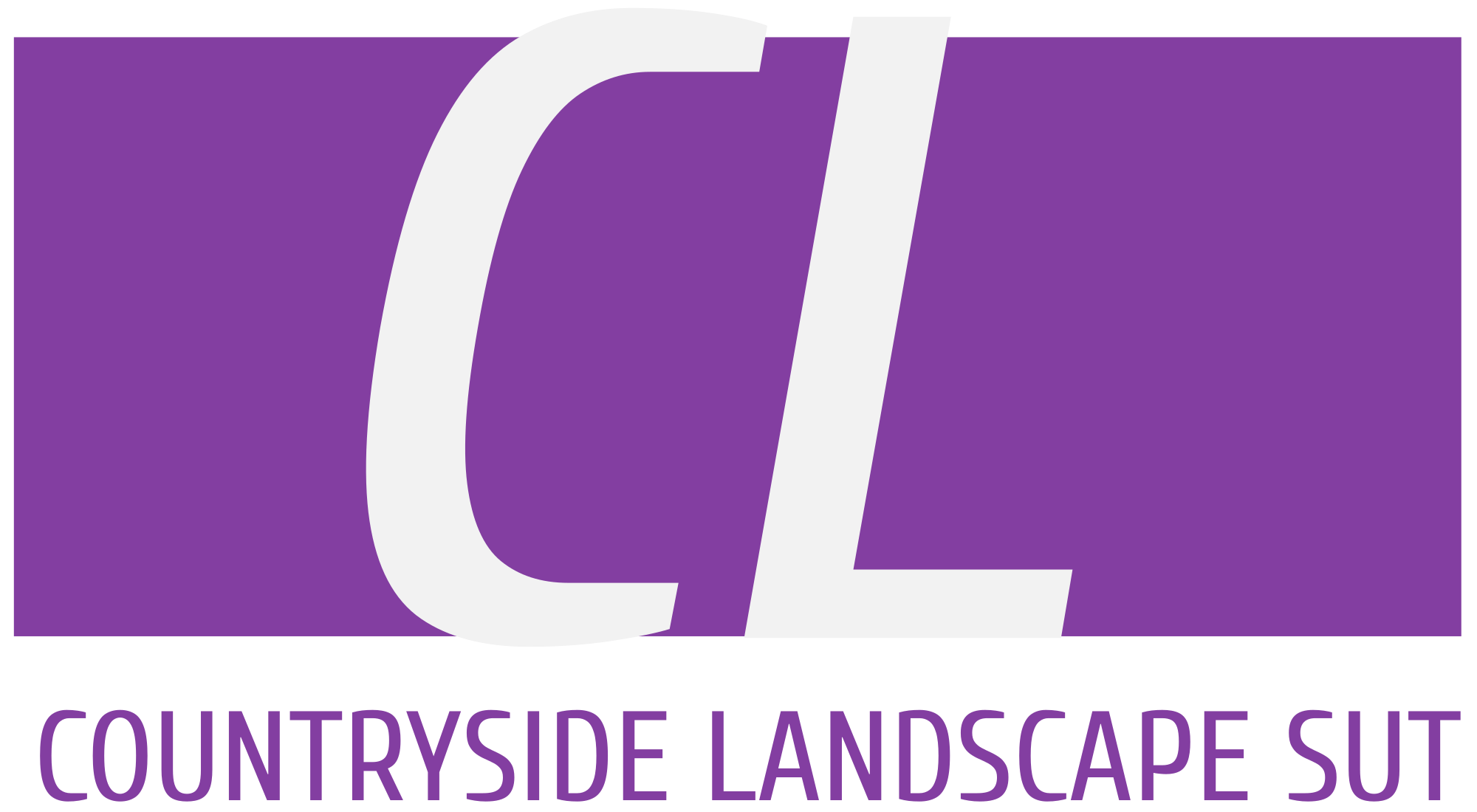In today’s fast-paced and ever-changing global economy, the business world is undergoing a massive transformation. From the rise of digital technology to the demand for sustainability and remote work flexibility, the business environment is no longer what it used to be just a decade ago. To succeed, modern businesses must remain agile, innovative, and customer-focused.
This article explores the evolving nature of modern business, key trends shaping the landscape, and strategies that entrepreneurs and companies can adopt to stay competitive in this dynamic market.
The Shift Toward Digital Transformation
One of the most profound shifts in recent years is the widespread digital transformation across industries. From e-commerce platforms to cloud-based operations and artificial intelligence (AI), businesses are leveraging technology to improve efficiency, reach wider audiences, and personalize customer experiences.
Why it matters:
Digital tools and platforms allow businesses to automate tasks, analyze large volumes of data, optimize supply chains, and provide 24/7 customer service through chatbots or virtual assistants. In retail, for example, companies like Amazon have set the standard for fast, seamless online shopping, prompting even traditional brick-and-mortar stores to build strong digital footprints.

Key takeaway:
Companies that fail to adopt digital tools risk falling behind. Investing in technology is no longer optional—it’s essential for survival and growth.
Remote Work and Flexible Models
The COVID-19 pandemic accelerated the shift to remote work, forcing businesses to adapt to a virtual environment. While initially a temporary solution, remote work has become a permanent fixture in many industries.
Benefits include:
-
Reduced overhead costs for office space
-
Access to a global talent pool
-
Improved employee satisfaction and work-life balance
However, it also requires new strategies for communication, management, and cybersecurity. Tools like Zoom, Slack, and project management software such as Asana or Trello are now standard in remote business operations.
Future trend:
Hybrid models combining in-office and remote work are becoming the norm. Businesses must strike a balance between flexibility and collaboration to maintain productivity.
The Rise of the Entrepreneurial Economy
Starting a business has never been more accessible. With social media marketing, low-cost e-commerce solutions, and gig platforms like Fiverr or Upwork, individuals can launch businesses or freelance services with minimal upfront investment.
Popular small business models include:
-
Dropshipping and online retail
-
Subscription services
-
Digital products (e-books, courses, software)
-
Consulting and coaching
-
Content creation and influencer marketing
This democratization of entrepreneurship has created a competitive, diverse market. Success now depends more on creativity, niche targeting, and personal branding than on traditional business models.
Sustainability and Ethical Practices
Consumers today are more socially and environmentally conscious than ever. They prefer to support brands that align with their values, whether it’s sustainability, ethical sourcing, or fair labor practices.
Statistics show:
-
88% of consumers want brands to help them make environmentally friendly choices.
-
73% are willing to pay more for sustainable products.
Implications for businesses:
Companies must integrate sustainability into their mission—from using recyclable packaging to reducing carbon footprints and promoting transparency in supply chains. Failing to do so can lead to loss of trust and damage to reputation.
Customer-Centric Strategies
Modern business success revolves around customer experience. Businesses that understand and meet the needs of their target audience outperform competitors. With the rise of data analytics and customer feedback tools, companies can gain deeper insights into consumer behavior and preferences.
Strategies to enhance customer focus:
-
Personalize services and content using data-driven marketing
-
Offer multiple support channels (chat, phone, email)
-
Use feedback to improve products and services continuously
Loyalty programs, personalized recommendations, and superior after-sales support all contribute to retaining customers and building long-term relationships.
The Importance of Innovation
In a rapidly evolving market, innovation is the key to staying ahead. Businesses must constantly explore new ideas, improve existing products, and pivot when necessary.
Types of innovation include:
-
Product innovation: Creating new or improved products (e.g., Tesla’s electric cars)
-
Process innovation: Enhancing production efficiency (e.g., Amazon’s automated warehouses)
-
Business model innovation: Changing how a company creates and delivers value (e.g., Netflix’s shift from DVD rentals to streaming)
Culture of innovation:
To foster innovation, companies need to encourage creativity, accept risk-taking, and allow employees to challenge the status quo.
Globalization and Market Expansion
Technology and improved logistics have made it easier than ever for businesses to operate globally. Whether it’s a startup selling products on Etsy or a software firm offering services worldwide, international expansion is more accessible.
Challenges include:
-
Navigating international laws and regulations
-
Adapting products to local markets
-
Managing currency fluctuations and supply chains
However, businesses that can adapt to local cultures and develop global strategies gain access to new revenue streams and growth opportunities.
Financial Management and Funding
Strong financial planning remains a cornerstone of business success. With access to crowdfunding platforms, angel investors, and venture capital, modern businesses have more funding options than ever before.
Essential financial practices include:
-
Budgeting and forecasting
-
Monitoring cash flow
-
Tax planning and compliance
-
Investing in growth strategically
For small businesses and startups, financial literacy can be a game-changer. Many new ventures fail not due to poor ideas but because of mismanaged finances.
The Role of Leadership in Business Success
Modern leadership is no longer about command and control. Today’s leaders must be adaptable, empathetic, and capable of inspiring teams in a rapidly changing environment.

Effective leadership includes:
-
Clear communication
-
Inclusivity and diversity promotion
-
Strategic vision with adaptability
-
Employee empowerment
Companies with strong, visionary leaders are more likely to innovate, attract talent, and maintain a positive work culture.
Final Thoughts: Preparing for the Future
The modern business landscape is filled with both challenges and opportunities. Digital disruption, changing consumer behavior, and global competition demand that businesses remain flexible and forward-thinking. Whether you’re an entrepreneur, small business owner, or corporate executive, embracing change and innovation is essential to thrive in today’s economy.
Success in modern business is no longer defined solely by profit. It’s about creating value—for customers, employees, communities, and the planet. Companies that focus on adaptability, sustainability, and customer connection are the ones best positioned for long-term growth and impact.
As we move further into a technology-driven and socially conscious era, the businesses that will lead the way are those that understand that evolution is not optional—it’s a necessity.

